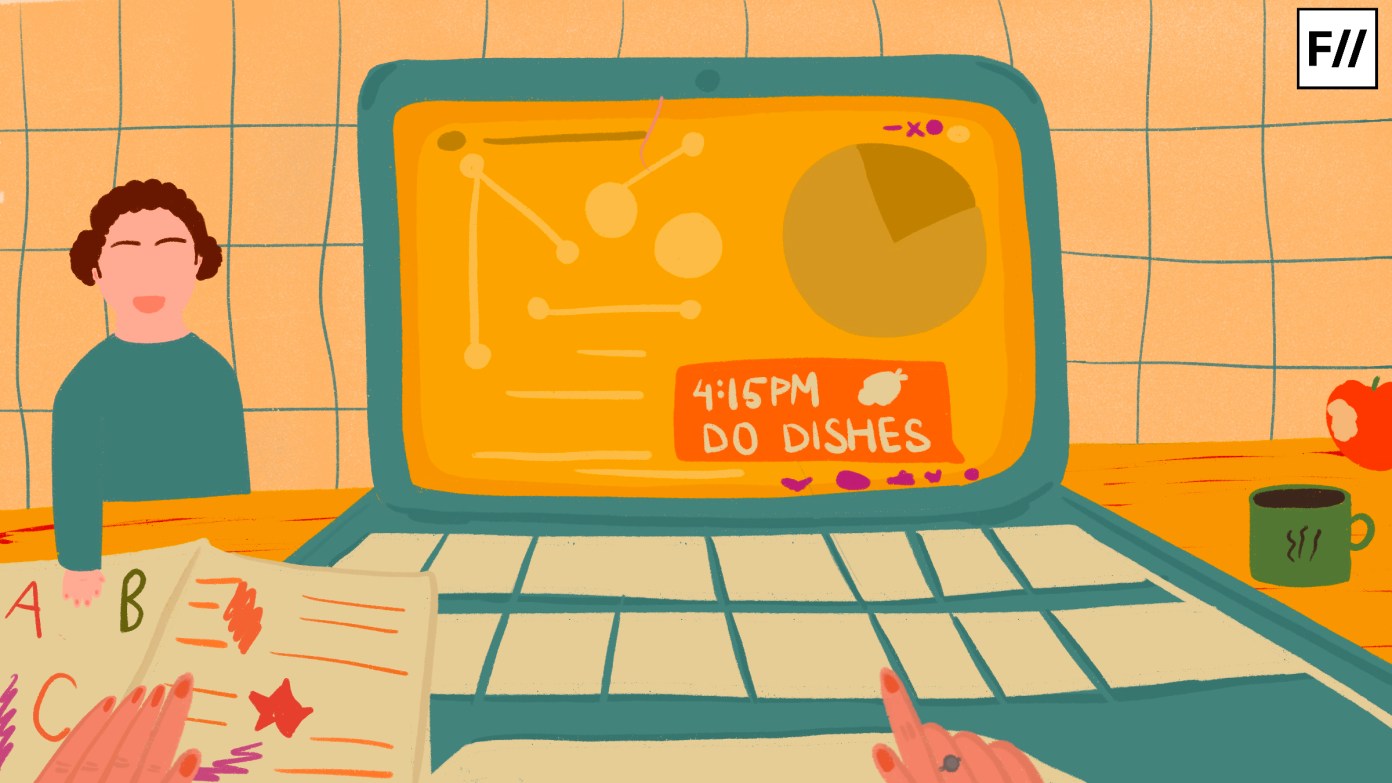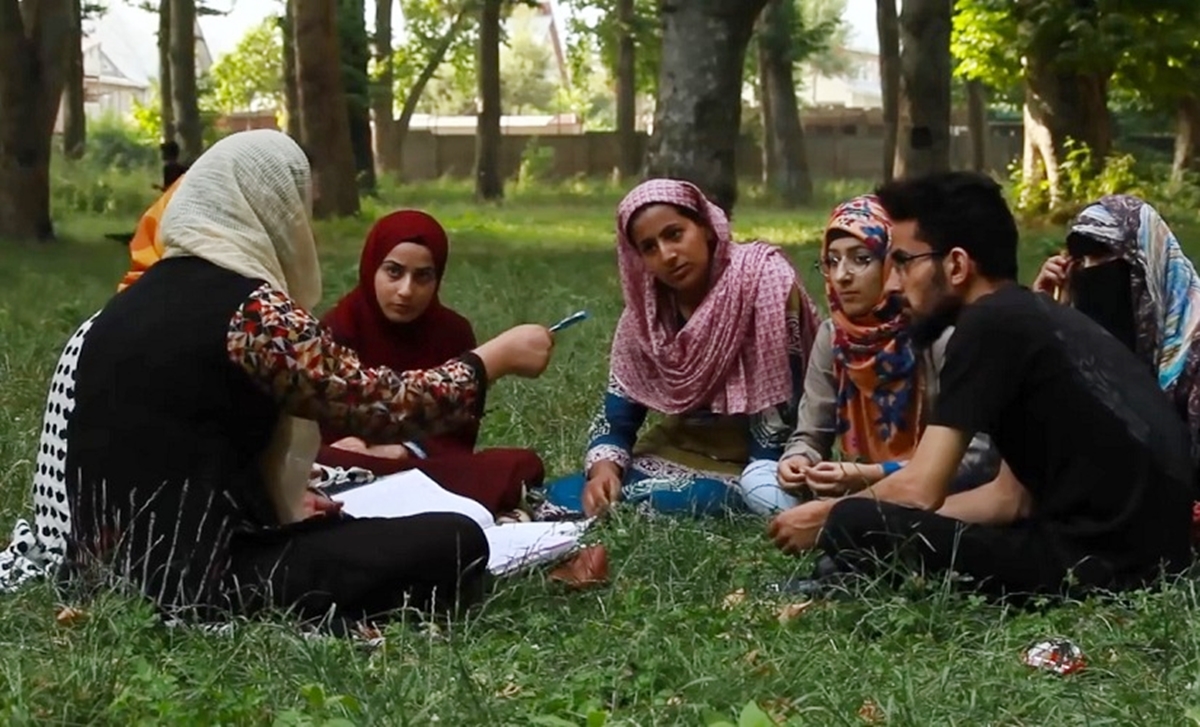Posted by Satabdi Das Rakesh Tikait, a Jat man, who also happens to be a gutsy peasant leader, wept and whimpered…
Login to Read!
This content is restricted to site members. If you are an existing user, please log in below. Or you can can create an account here.

